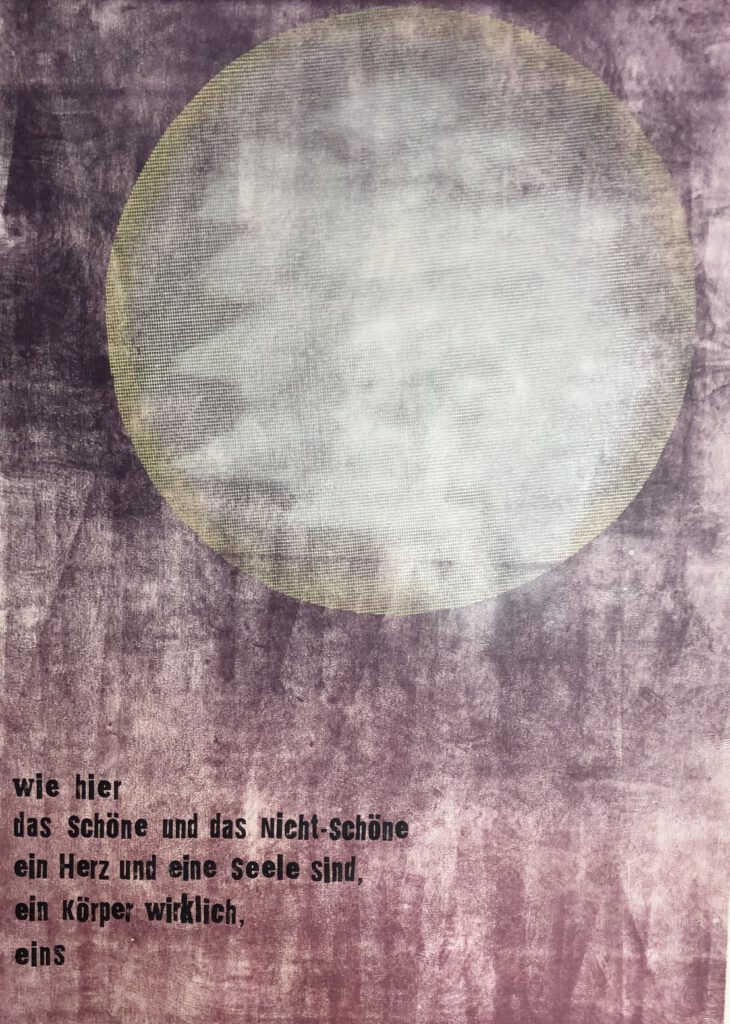
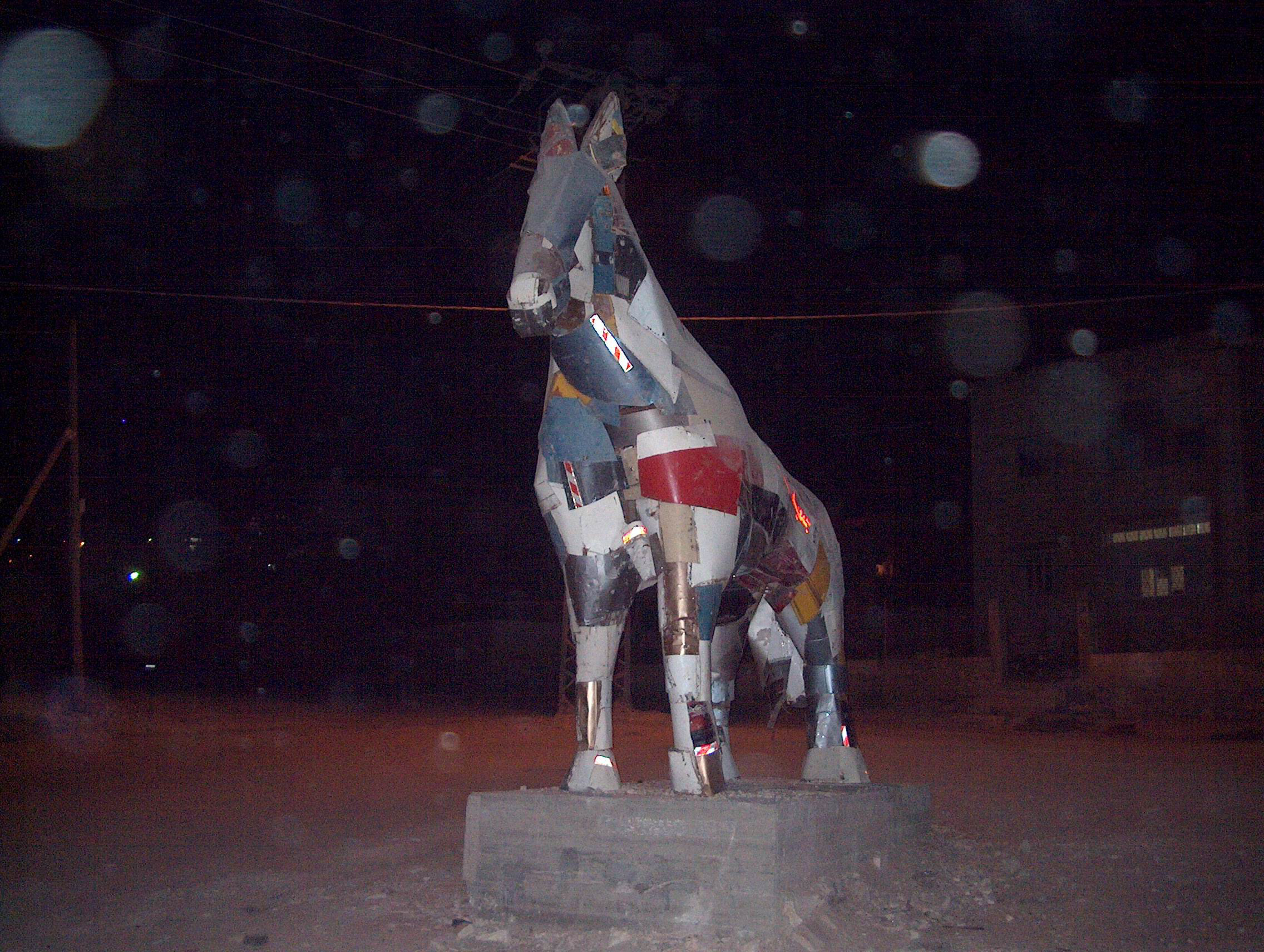
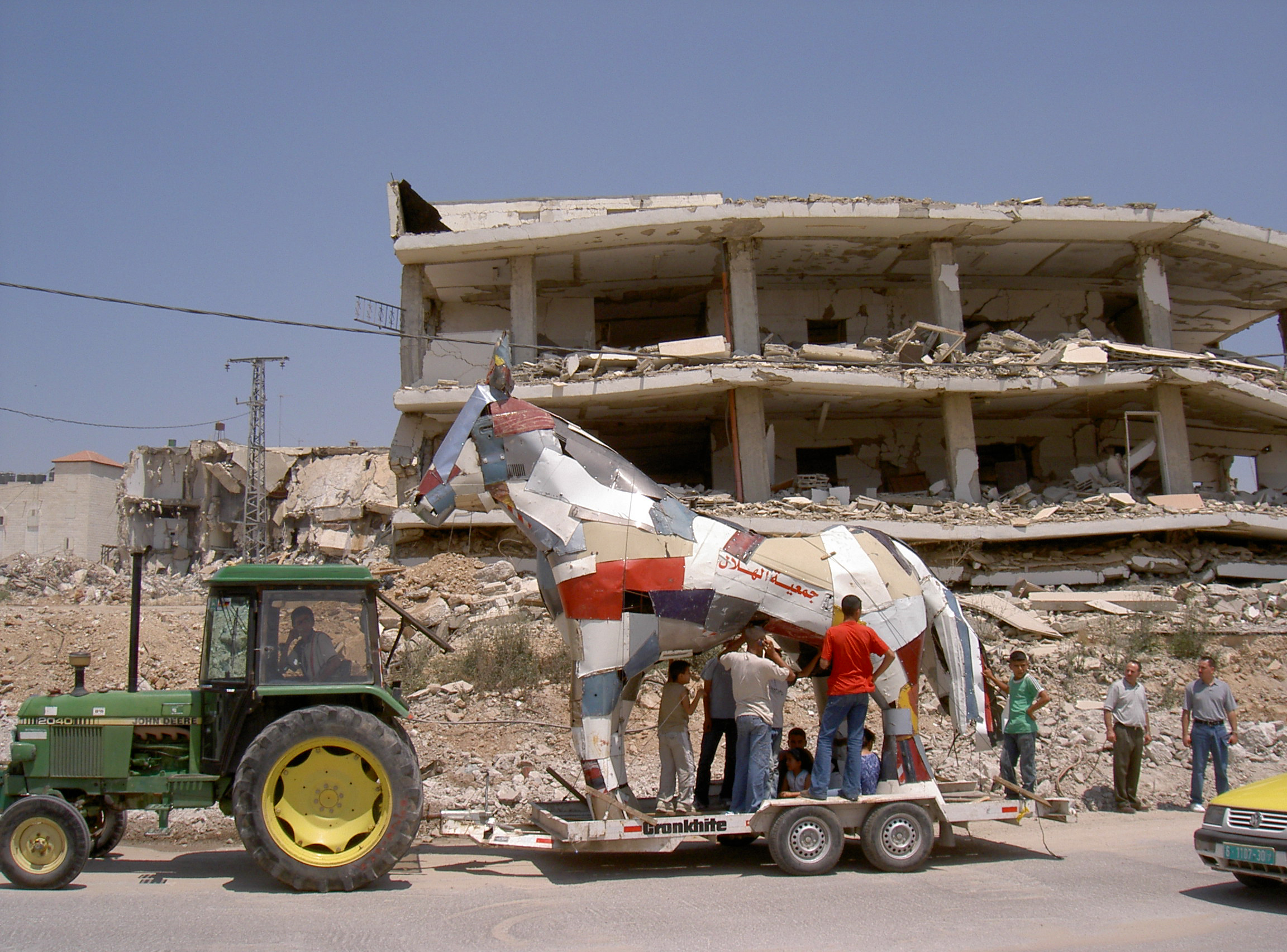
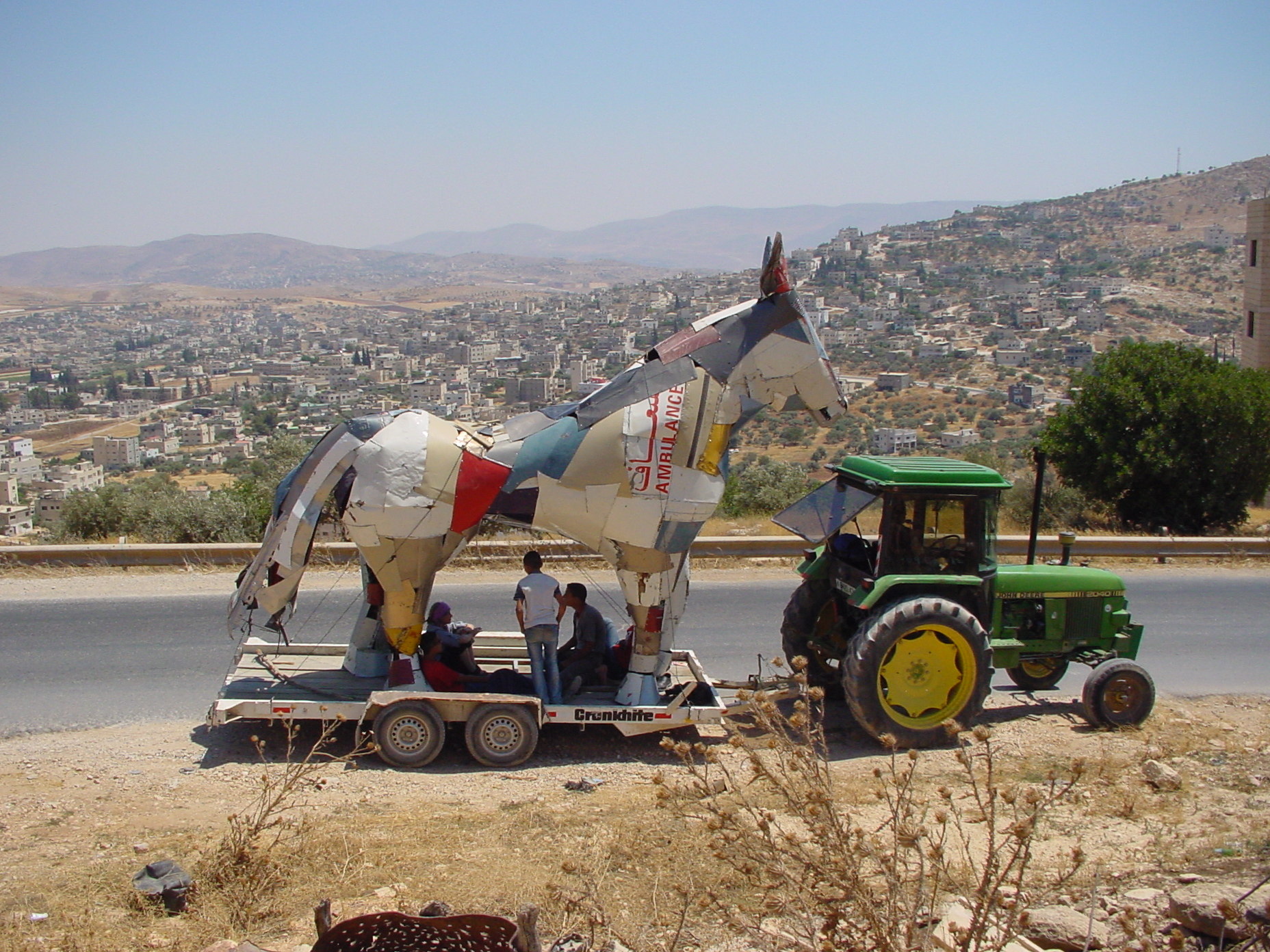

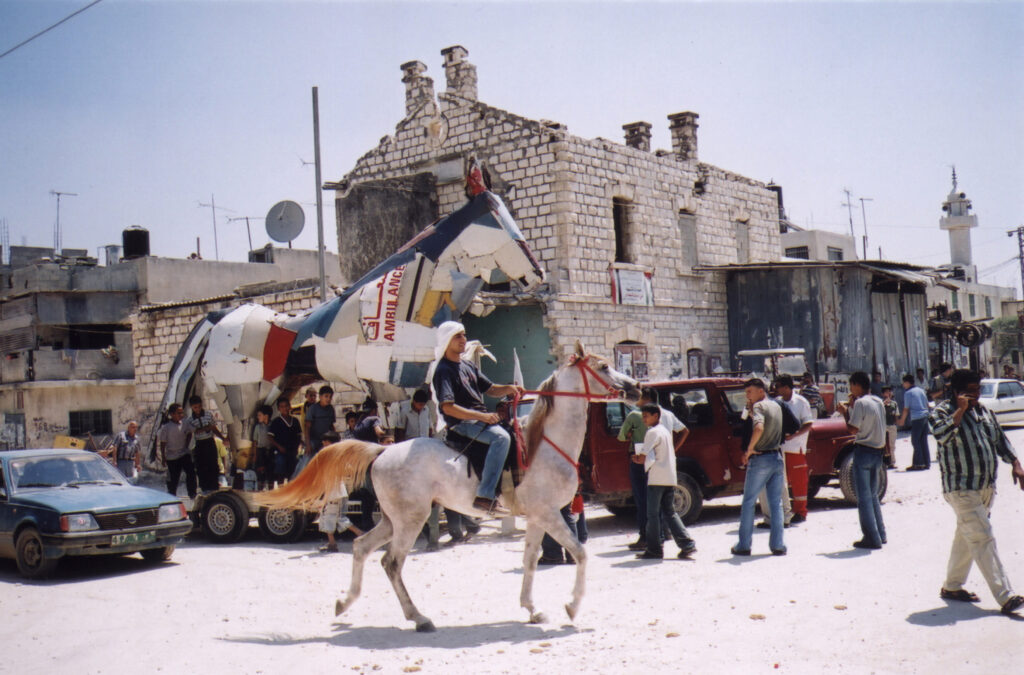
Being determines consciousness
Marx/Engels’ German Ideology states: “Consciousness can never be anything other than conscious existence, and the existence of human beings is their real life process.” And in the preface to Marx’s Critique of Political Economy: “It is not the consciousness of human beings that determines their existence, but conversely, their social existence that determines their consciousness.” The understanding of social conflicts and historical processes requires the analysis of social being. History, as the Manifesto of the Communist Party begins, is a “history of class struggles”.
With these theses in mind, Thomas Kilpper created new prints and woodcuts that only partially reveal his attitude and techniques of resistance. Since the beginning of its artistic use, the woodcut has been regarded as the more “affordable” work of art, as the “art of the working class” (Meffert, Masareel, Kollwitz). In Europe, the phenomenon of criticism of power relations went hand in hand with the medium of the woodcut from the very beginning (e.g. the Pope’s criticism as a woodcut from 1500) – and the woodcut does not come about, in the truest sense of the word, without massive pressure. The analogy to the “class struggle” and revolutionary processes is inscribed in the medium of printmaking.
From Jenin/Palestine to Berlin/Ostkreuz
The Jenin Horse (Arabic: حصان جنين), also known by its Arabic name Al-Hissan (The Horse), was a sculpture built in 2003 by the population of Jenin, in the West Bank, together with German artist Thomas Kilpper, made with scrap metal and pieces of wrecked cars that had been destroyed during an Israeli invasion of the city. Among the components of the horse was a large panel from an ambulance. The sculpture was considered one of the landmarks of Jenin and was located close to the entrance of the Jenin refugee camp. On 29 October 2023 the sculpture was destroyed by the Israeli Defense Forces. (Wikipedia)
Fallow Land (Stephanie Bart)
…
You know
that you can’t forget the bourgeois aesthetic,
of course.
You have a slight inkling
that there must be something wrong with it.
…
The text fragments in the exhibition are excerpts from the long poem Brache by Stephanie Bart, which will soon be published by Secession Verlag.